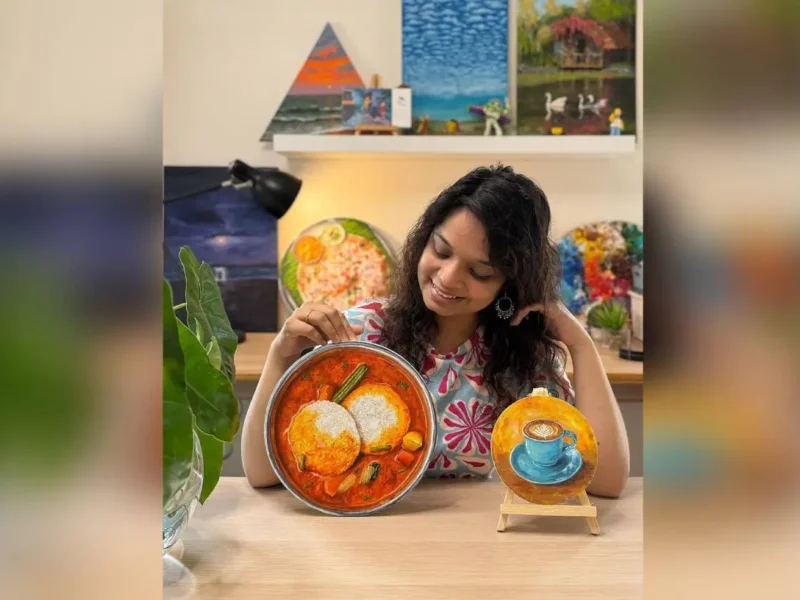
Eat During the Festive Season, Follow These Tips
By RUJUTA DIWEKAR from her ‘Eating in the Age of Dieting’
Healthy routines and pre-planned diets frequently take a backseat when the holiday season gets underway. Here is a guide to enjoying the season in moderation:
Follow a Sustainable and Culture Compliant Diet
The whole idea of being on a diet is to get healthier, fitter, and leaner. If one must achieve that then the diet must be one that is sustainable, and culture compliant. Diwali is a good time to figure out if you are on a sustainable diet. If eating a regular Diwali meal amounts to breaking your diet, then it means that your weight loss plans are going to be unsuccessful this time too. Essentially what this reveal is whether your diet fits into the game plan of the weight loss industry. These unrealistic guides are not a culture fit, instead they focus on the guilt around occasion-based feasting and take advantage of the same to sell detox plans or packages that are often extreme and doomed to fail. A wholesome diet will teach you to eat without guilt, and there really is nothing wrong in enjoying your poori’s or halwa.
Curate a special Diwali menu
The healthiest Diwali menu is one that sticks to the basics – be it a simple spread comprising homemade mithai, one freshly fried item, one sabzi, some roti and rice accompanied with chutney, pickle or papad, all served with love and attention to detail. To have a more authentic celebration bring out your traditional silver thali’s or kansa and have a leisurely sit-down dinner with conversations. Indulge your guests with time and attention rather than an overwhelming variety of dishes, breaking the monotony of heavy and multi-course Diwali meals with a touch of simple sophistication.
No gym, do 5 rounds of Surya Namaskar
Keep up with your regular exercise routine but bring it down a notch if staying awake late. Five rounds of Surya Namaskar will save on travel time to the gym, cost less, leave you feeling fresh, and help smoothen the digestive processes after bouts of overeating. Essentially it’s not the body but the entire lifestyle that needs to be prepared in the run-up to Diwali and even post that. Fitness is a compounding effect of small steps taken in the direction of health and harmony every single day.
Don’t mistake mithai as the villain:
Ghee, one of the biggest components of most mithai, helps keep the intestines in good shape and ready to take on a load of overeating during Diwali. It is an essential fat and helps assimilate fat-soluble vitamins like A D E, and K while protecting bones, skin, and immune function as the season changes. Sugar or jaggery is therapeutic when mixed with nuts, ghee, besan, atta, suji or gond all of which are nutrient-dense and delicious. Avoid packaged sweets as they are often the low-grade variety picked up by someone with their bottom line in mind and not keeping your waistline or taste preferences in check. Have homemade sweets. A homemade mithai eaten once a day over three to four days of the Diwali week won’t land you in trouble. The actual game changer in blood sugar regulation is really the late night eating so keep a lid on that instead.
Dry fruit is your best friend
Dry Fruits are great when eaten the way they are meant to be – first thing in the morning as a snack or turned into a mithai. Nuts and dry fruits are an amazing source of amino acids, minerals, and phytonutrients. It is a myth that cashew nuts are full of cholesterol. It has zero cholesterol and actually helps regulate it. (IANS)




